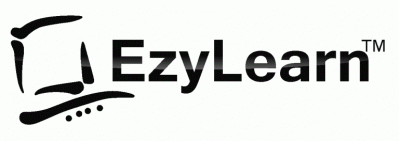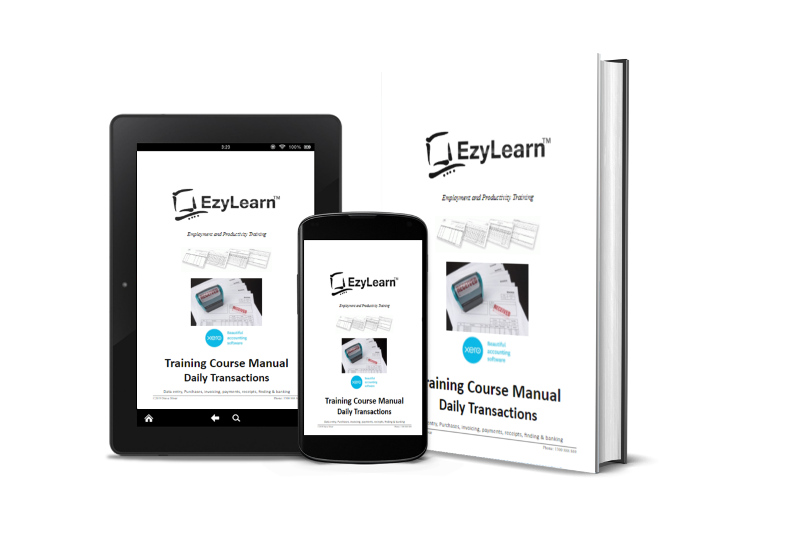What You Can Claim as a Business Expense
Knowing where you spend your money is important for every person and thousands of books have been written about the best way to spend your money – normally on appreciating assets like houses, shares etc Buying an online business is what is known as a capital purchase or purchase of an asset and although they can increase in value over time they are “depreciated” for accounting purposes. Depreciation simply means that you can only claim a percentage of the total cost per year over a “defined” timeframe. This timeframe is determined by the Australian Taxation Office.
Most purchases that business owners make are expenses and business expenses can be “written off” immediately when they are incurred. Written off means that the total amount is deducted from your total revenue (income) to determine how much profit your business makes. You only pay tax on your profit (not your income). This is one of the biggest surprises for new business owners because when they become a business owner they can now reduce their “taxable income” by expenses that they have probably been paying for years, things like:
- Car Repairs,
- Petrol
- Internet
- Mobile phone
- Laptop & electronics purchases
Keep Track of Your Expenses
The biggest challenge that new business owners face is keeping track of their expenses. This is often because they have one personal bank account that they use for both personal and business expenses and it can be hard to identify which expenses are for business, particularly 12 months later when you do your taxes.
Another issue that comes up a LOT is that you can ONLY claim a percentage of your expenses if you only USE a percentage for your business. Your family car is used to go to the shops, go on trips, take the kids to sporting events and maybe go and see a couple of clients. If you only use the car for business 40% of the time you can only claim 40% of the costs of running that car.
If you run a Micro Business it can be simple to keep track of your expenses manually but once you start to grow and get more clients and more expenses you’ll find it very useful to use a software program like Xero, MYOB or QuickBooks to keep track of your expenses. PLUS, you’re probably already using accounting software to send invoices and keeping track of who owes you money!
Our goal is to help new independent contractors, freelancers and consultants understand where their money is going, how to measure their financial performance and how to understand financial reports and make decisions based on them.
Source Documentation – Bank Statements
 The usual source of all financial information is your bank statement but that doesn’t help if most of your expenses are paid for using cash – in that case you need to keep your receipts! Even if you do have a business credit card you need to keep a record of your receipts.
The usual source of all financial information is your bank statement but that doesn’t help if most of your expenses are paid for using cash – in that case you need to keep your receipts! Even if you do have a business credit card you need to keep a record of your receipts.
We recommend that you setup a debit bank account so you can use a credit/debit card for small transactions and have them all noted on your monthly bank statement. If you use one bank statement for both personal and business transactions then your first task will be to separate the two.
One of the best ways to keep track of your receipts is to use Receipt Scanning or Receipt Capture software. You can just use your mobile phone to take a picture of each receipt but expense tracking software enables you to have them all filed in your accounting software for when you really need it.
Learn about the Receipt Capture Training Course
Income & Expense Categories
These categories enable you to identify how much money you spend on rent, travel, advertising, internet and mobile phones for example. If you notice that a particular expense is too high you can work on a strategy to reduce that expense and give yourself more profit.
Sometimes it’s OK to spend more on advertising for a short time to build awareness of your brand, knowing that these costs will come down after 3-4 months and keeping a monthly record of these totals will help you see very clearly if you are sticking to your plan.
Financial Reports
Reports and analytics are simply methods of representing statistical information about your transaction activity. Analytical tools are used everywhere to measure your performance and reveal important information in things like:
- visitors to your website,
- sales performance and of course
- your financial situation.
A major purpose of our Expense Management Spreadsheet and course is to introduce the concepts and terms that are used in financial reporting and help you stay on track with your strategies to reach your goals.
See the Daily Transactions Course for daily bookkeeping tasks
See the Bank Reconciliation Course for end of month activities

 We work remotely from home and we’d like to help you.
We work remotely from home and we’d like to help you.